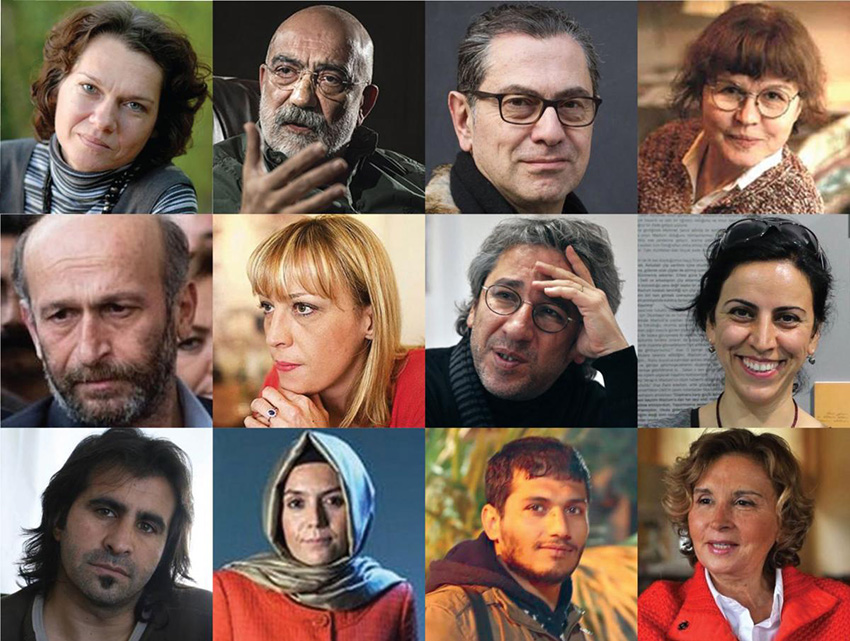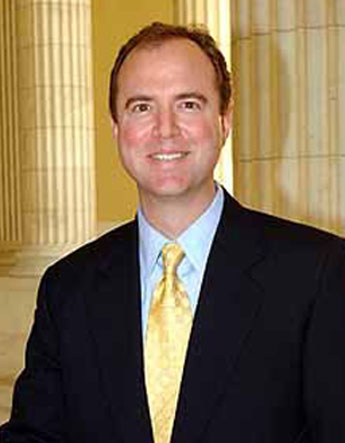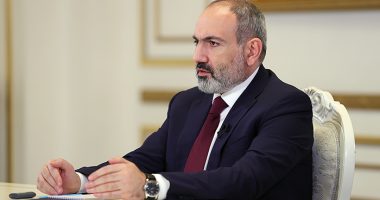Leyla İpekçi (born in October 13, 1966, in Istanbul ) is a Turkish journalist, screenwriter and author. After completing her secondary study at Saint Michel French High School, she continued her education and graduated from Bogazici University -Department of Sociology. She worked for Kadınca (Development publications), 1985-86 , Term Publishing, 1988, Adam monthly magazine (Sun Publications), 1989-90, also served as correspondent for Tempo weekly magazine in 1992, and worked as editorial staff for Rapsodi magazine in 1993, the editor of Aktüel magazine in 1994-95, and the general editor of Esqurie magazine in 1995. Leyla İpekçi has also published articles in Gazetepazar and became a columnist for the newspaper, and worked as a columnist for Zaman newspaper , July 2011-Dec. 2013. After leaving Zaman newspaper she continued as a columnist for Yeni Safak. Leyla İpekçi has published many books including “Maya”, “Mayan of Sinan”, “The first Evil”, “Fire and Garden”, “5 Times in Istanbul” and others. She received Milliyet Sanat “First Book First Edition” contest first prize in 1988 for her novel “Maya”, Writers Union of Turkey’s “Author of the Year” award in 2007 and “Best book of the year” award in 2011 by by ESKADER for her “Trial of the second dream”.
Leyla İpekçi is one of the Turkish notable intellectuals who have signed the “I Apologize Campaign” which was an initiative launched in December 2008 in Turkey by numerous journalists, writers, politicians and professors and called through a form of a signature campaign for an apology for what they considered as the “Great Catastrophe that Ottoman Armenians were subjected to in 1915”. The message shown on the website which people had to sign stated “My conscience does not accept the insensitivity showed to and the denial of the Great Catastrophe that the Ottoman Armenians were subjected to in 1915. I reject this injustice and for my share, I empathize with the feelings and pain of my Armenian brothers. I apologize to them”.
On Dec. 20, 2008, Today’s Zaman daily published a long article under the title (Joint committee of historians on Armenian debate) where it mentioned among other facts, the “apology” campaign, which has gathered support from many respected intellectuals, and the reactions to it have shown that there are disagreements not only between Turks and Armenians, but also among Turks concerning the incidents of 1915. There are distinguished figures both in the supporters and opponents of this campaign. If we have a sneak preview of more than 10,000 supporters: Ali Bayramoglu, Ihsan Dagi, Cengiz Candar, Atilla Eralp, Enis Batur, Omer Laciner, Omer Marda, Leyla İpekçi, Huseyin Hatemi, Oral Calislar, Hasan Cemal and the list goes on. So many people cannot be just labeled as traitors or terrorists and ignored. A number of columnists who criticize the campaign’s wording or timing refrain from being disrespectful towards these people. (1)
On April 20, 2011, Today’s Zaman published another article concerning the Armenian Genocide where it wrote “Armenians who lost their lives in the Armenian displacement that took place in 1915, during the final days of the Ottoman Empire, will be commemorated through a variety of events for a second time this year. Armenians all over the world commemorate this tragedy on April 24 because it was on that day in 1915 when many Armenians who were deported by the Ottoman Empire perished. The first commemoration ceremony held in 2010, 95 years after the incident, lingered on a message that this was a hurt that belonged both to Turks and Armenians. This year’s commemoration ceremonies will be held in İstanbul’s Taksim Square, Ankara, İzmir, Diyarbakır and Bodrum. Victims of the displacement will be remembered in silence with carnations and candles. During the ceremonies the “duduk,” an Armenian musical instrument, will be played during a reading of the names of victims. The ceremonies are being organized by the Say Stop to Racism and Nationalism! (Dur De!) initiative. Spokesman Cengiz Algan said what took place in 1915 is “a hurt we all share.”
“We need to confront the realities that have been hidden by the official ideology for 100 years”. A statement with the headline, “This pain is ours,” has been opened up for signatures. More than 100 people including intellectuals, writers and journalists including Ahmet İnsel, Ali Bayramoğlu, Alper Görmüş, Bekir Berat Özipek, Cafer Solgun, Ferhat Kentel, Gülten Kaya, Leyla İpekçi, Mehmet Bekaroğlu, Oral Çalışlar, Orhan Miroğlu, Oya Baydar, Şebnem Korur Fincancı and Ümit Kardaş have already signed the statement. Deputies from the Peace and Democracy Party (BDP) and independent candidates supported by the party will be supporting the commemoration ceremony to be held in Diyarbakır.(2)
1- http://setasarmenian.blogspot.com/2009/01/more-on-turkish-online-apology.html
2- http://www.armeniapedia.org/wiki/Armenian_Genocide_Commemorations_in_Turkey










